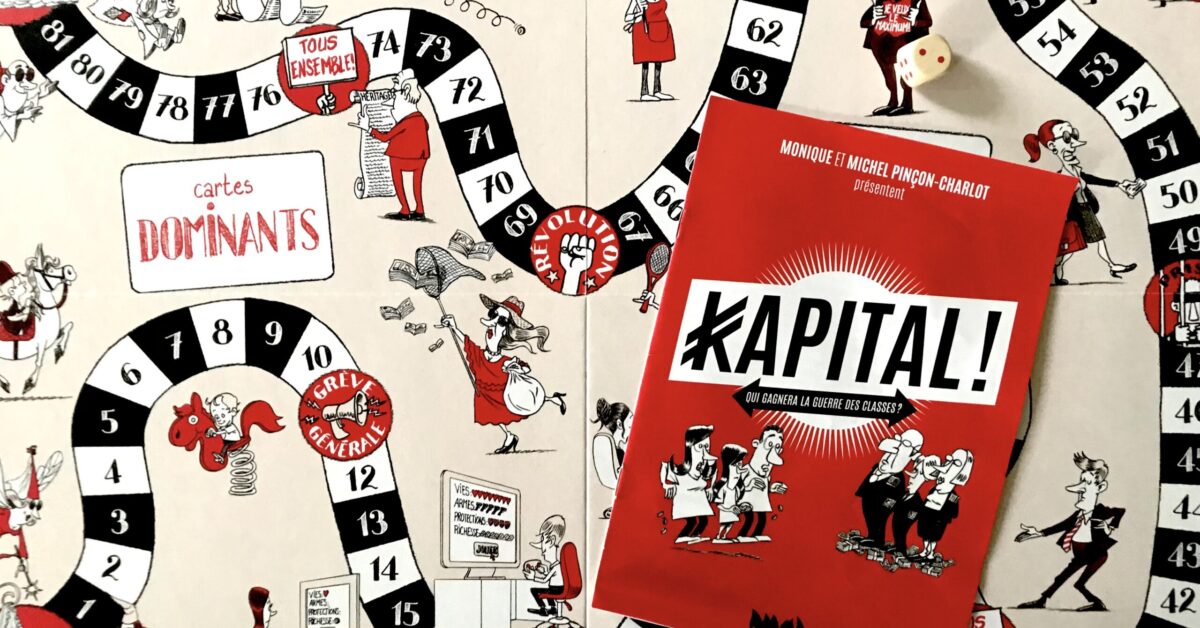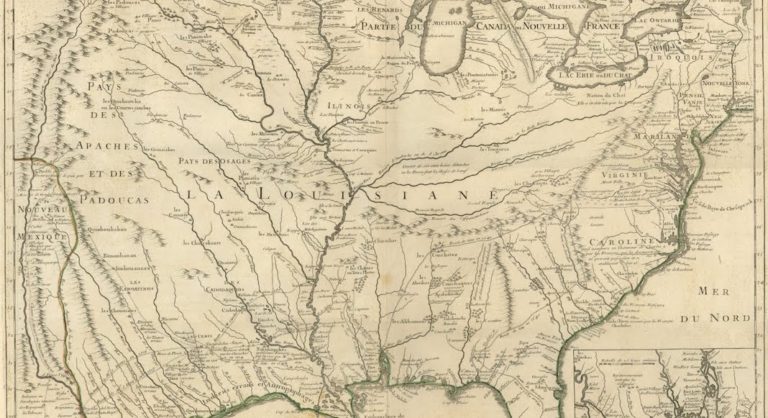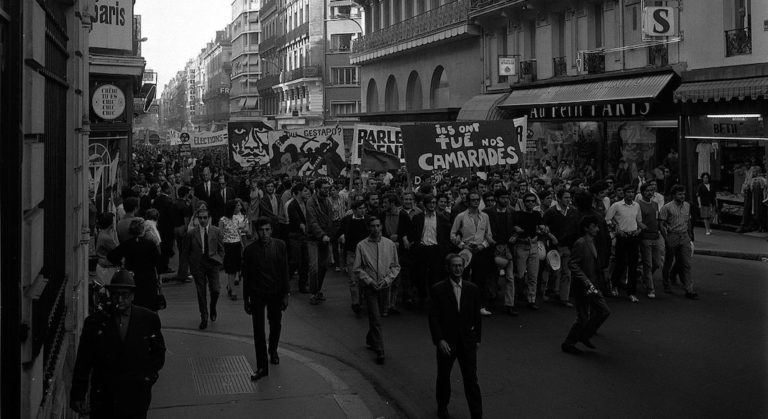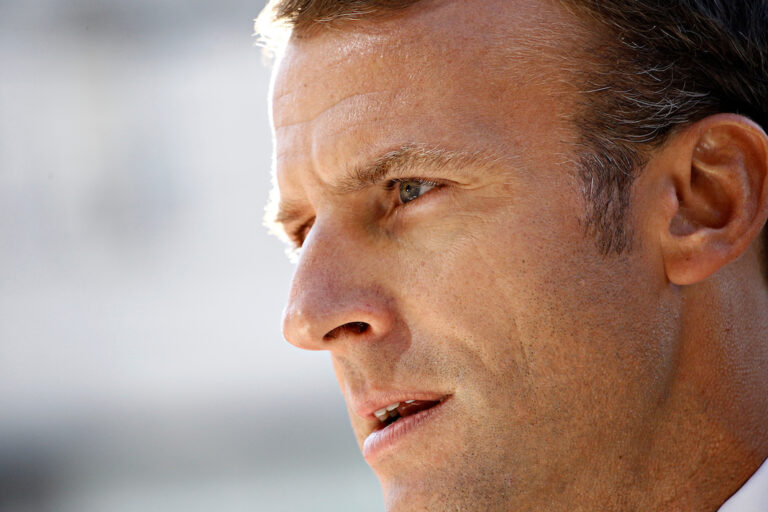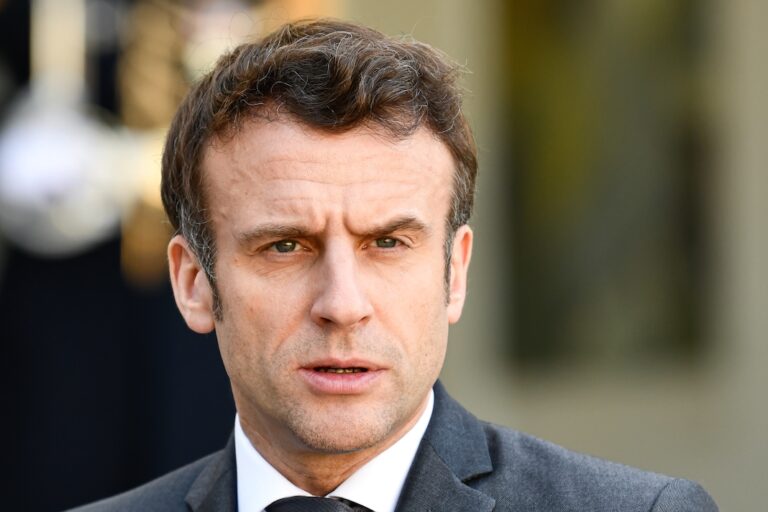Do you find sociology boring? Do you have trouble wrapping your head around social sciences concepts? Kapital is the board game for you!
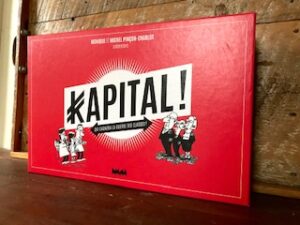
It is no surprise, therefore, to see that the board game they created comes in a red box and its objective is to “try to bring down the mechanisms of social domination to win the class warfare, ”a reference to a quote by Warren Buffet: “There’s class warfare, all right, but it’s my class, the rich class, that’s making war, and we’re winning.”
The goal is rather simple: To accumulate as much capital, as per Pierre Bourdieu’s definition, as possible.
A quick reminder for those who are not familiar: Bourdieu was a renowned French sociologist and public intellectual who made significant contributions to the social sciences and to sociological theory with his work on education, power relations, and culture. He categorizes capital into four forms: “economic capital, social capital, cultural capital, and symbolic capital.” Economic capital refers to possessing economic resources, such as money and properties. The meaning of social capital can be understood as the contacts, social networking, and relationships an individual can be part of or operate. Cultural capital refers to a form of value associated with culturally authorized tastes, consumption patterns, attributes, skills and awards. Finally, symbolic capital enables a person to gain a certain ‘aura’, a social recognition within his or her environment through his or her address, name, prizes, and so on.

Through a playful board game, the players get to understand and experiment with the sociological mechanisms of domination. It raises awareness and sheds a light on the unfair capitalist society in which we live, where our destiny is often determined by where we were born, far from the meritocratic myth.
As the French presidential election is coming up in just a little over ten days, let us remember that the country is more fractured than ever. The 2018 Crise des Gilets Jaunes (or Yellow Vests Protests) showed the nation that a large portion of the French population struggles to make ends meet and feels despised and disregarded–they are far from the winners of a start-up nation. The mobilization that started in 2018 for economic justice quickly became a more global, leaderless, and grassroots movement for institutional political reform, with demands ranging from the improvement of the standard of living for the working and middle classes to the resignation of President Macron to the re-establishment of the wealth tax and to the introduction of a citizens’ initiative referendum. Though the movement suspended its actions because of the Covid-19 pandemic and the resulting lockdowns, the next president of France will have the difficult–yet crucial–task of not only reunifying and appeasing, but also, above all, of reducing inequalities, which are on the rise for the first time since the 1990s.
Camille Bourron lives in Paris and is a political science and social policy graduate, having studied at La Sorbonne and the LSE. She is passionate about politics, culture, art and travel.
Photo credit: Daniel E. Davis

